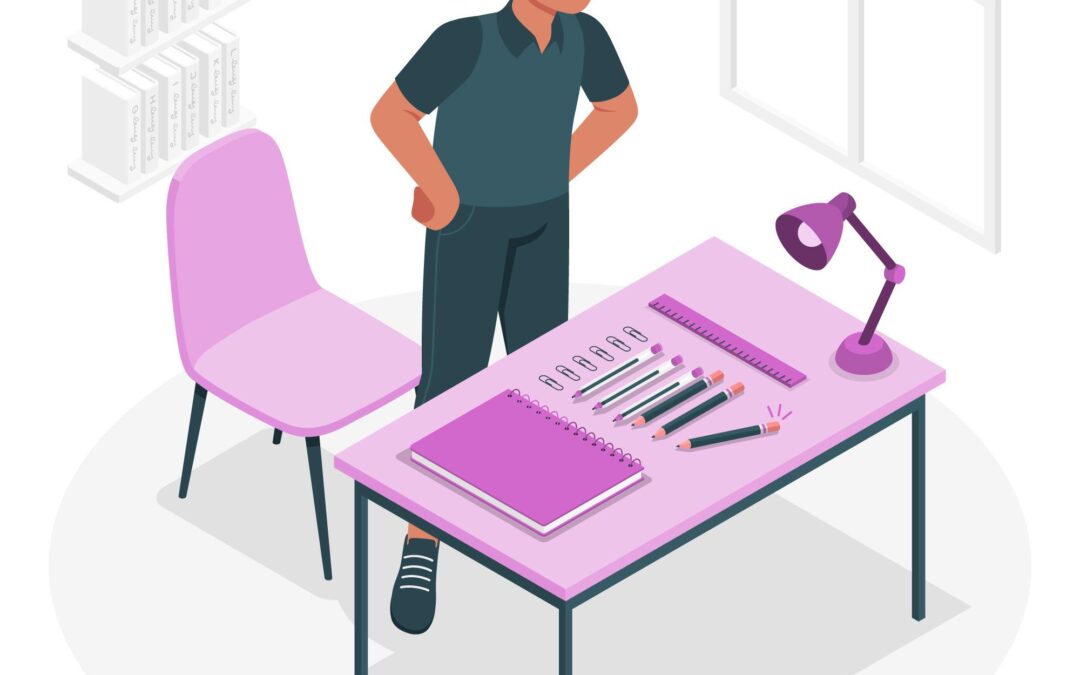Obsessive compulsive disorder (OCD) can be a disabling mental illness that affects 1 in 40 adults. OCD is characterized by obsessive thoughts and intrusive compulsions, which can have a profound effect on daily life. This blog post will discuss what OCD looks like, and how to cope when it gets to be too much.
Understanding the Symptoms of OCD
OCD is characterized by both obsessions and compulsions. Obsessions are intrusive and often irrational thoughts or worries that cause significant distress, while compulsions are behaviors performed in response to the obsessions that temporarily relieve the distress. Examples of common obsessions include worries about contamination, order, symmetry, religious concerns, and fear of causing harm. Common compulsions include excessive cleaning and/or handwashing, checking behaviors such as repeatedly checking if doors are locked or appliances are turned off; counting rituals; organizing items; repeating words or phrases; and seeking reassurance from others. These symptoms can be incredibly disruptive to everyday life and can interfere with the ability to function normally at work or school, or even engage in social activities.
Self Care for Those With OCD
It’s important for those struggling with symptoms of obsessive compulsive disorder to practice self-care techniques whenever possible. Self-care techniques include engaging in regular exercise or physical activity, eating healthy meals throughout the day, connecting with family and friends through social media or video calls if possible, implementing regular sleep schedules, utilizing relaxation methods such as meditation or deep breathing exercises when feeling overwhelmed, limiting caffeine intake during anxiety-provoking situations, using positive self-talk throughout the day (e.g., “I am capable of managing this situation”), and avoiding alcohol consumption altogether as it has been linked to increased anxiety levels in individuals with OCD. All these self-care strategies can help manage symptoms while helping one gain confidence in their abilities to handle difficult situations.
Professional Treatment for OCD
If your symptoms become overwhelming or impairing despite engaging in regular self-care strategies, then it may be time to seek professional support from a psychiatrist experienced with treating individuals with anxiety disorders such as obsessive compulsive disorder (OCD). Psychiatric therapy typically consists of psychopharmacological interventions (medications) combined with psychotherapy, such as Cognitive Behavioral Therapy (CBT). CBT helps people identify maladaptive thought patterns that contribute to their anxiety symptoms, so they can learn healthier ways of responding instead of relying on automatic behaviors such as compulsions.
If you are struggling with obsessive compulsive disorder (OCD) and want to seek professional help, contact Bluewater Psychiatry today. We provide specialized psychiatric therapy to individuals suffering from obsessive compulsive disorder as well as other anxiety disorders such as body dysmorphia and trichotillomania. Our team of experienced professionals can help you manage your symptoms and gain confidence in your ability to handle difficult situations.

